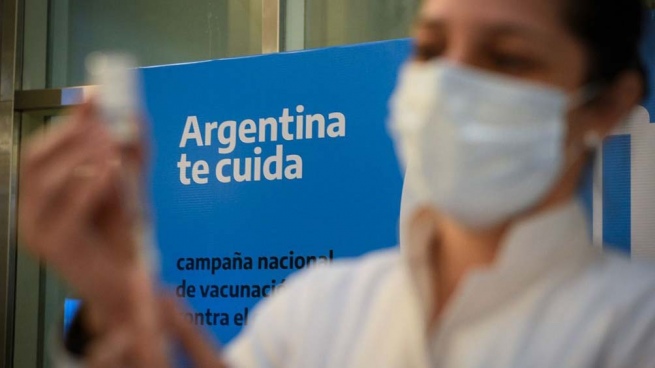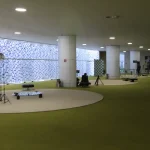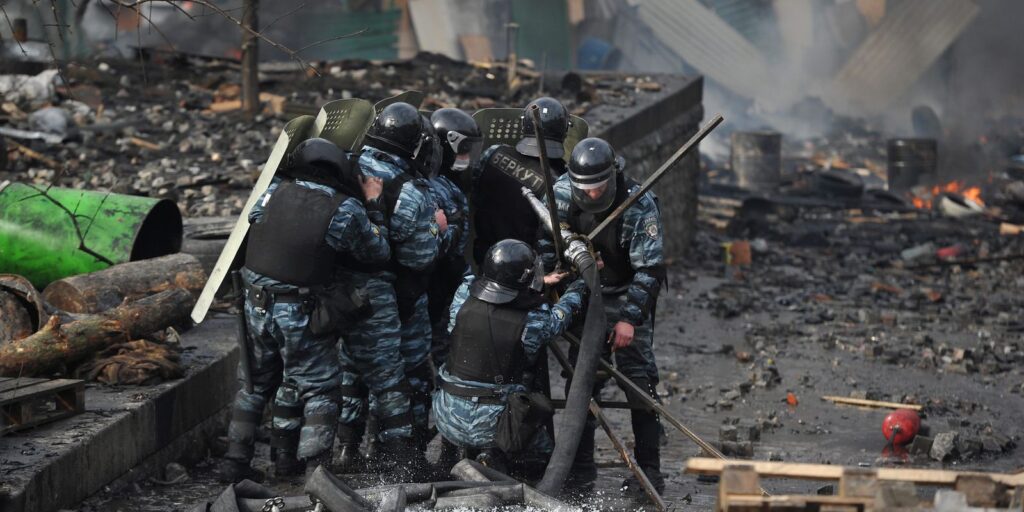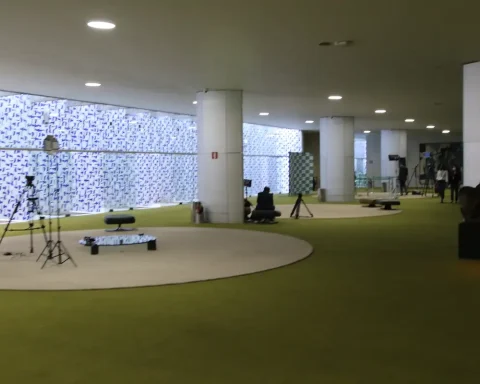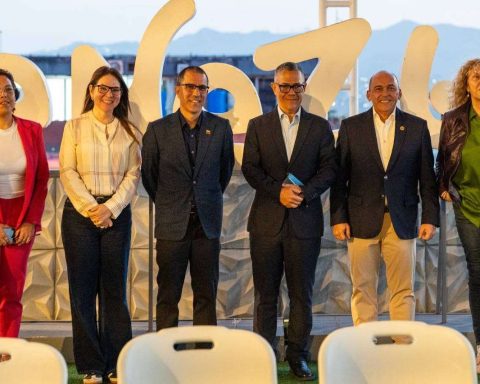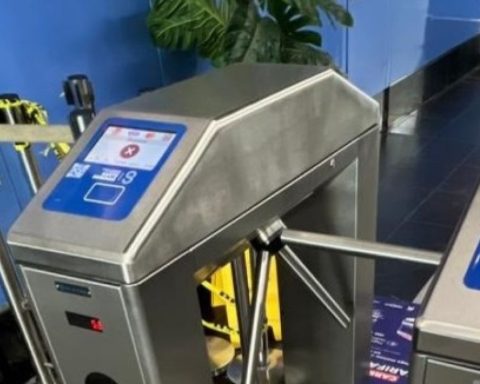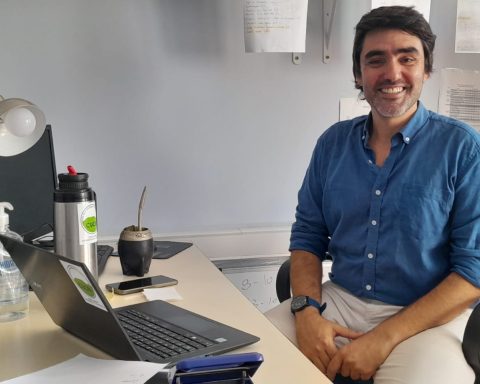Argentina “exhibits the highest percentages of vaccination (against the coronavirus) on a podium that it shares with China and Spain,” among countries “with more than 30 million inhabitants,” President Alberto Fernández said Tuesday in his message to the Legislative Assembly, in which he highlighted that the country carried out “the largest vaccination campaign in its history”.
“Among the countries with more than 30 million inhabitants, Argentina exhibits the highest percentages of vaccination on a podium that it shares with China and Spain,” said Fernández, who ranked “world powers such as the United Kingdom, the United States United States, Germany and Russia, all of them producers of indigenous dose formulations against Covid-19 “.
At the opening of the 140th period of ordinary sessions, Fernández stated that in Argentina “vaccination strategies similar to other countries were implemented” among which he mentioned “the United Kingdom, Israel or Canada, generating evidence at the local level of its effectiveness in preventing mortality and security”.
Until now, Argentina received 112 million doses from seven laboratories “with proven efficacy and safety”, which allowed a “population coverage of 89% with the first dose, 79% with the complete scheme and more than 13 million booster doses”, he indicated.
In this sense, he recalled that the vaccination campaign against the coronavirus began in the 24 jurisdictions on December 29, 2020 with the Sputnik V vaccine, developed by the Gamaleya Institute, to which doses from AstraZeneca, Covishield, Sinopharm, Moderna, Pfizer and Cansino.
And he remarked that “in the first six months of the vaccination campaign against the coronavirus, the Argentine State reached more than 21 million doses applied.”
“At the beginning of August 2021, it was decided to incorporate heterologous schemes, combining different vaccines. New vaccinated groups were also incorporated until reaching the population from 3 years of age,” he explained.

Argentina bought vaccines “created or produced in Russia, China, India, the United States and European countries. And, in addition, we began to produce some of those vaccines in the country”Fernández explained, taking up the agreements for the local development of Sputnik V and, together with Mexico, the elaboration of those of AstraZeneca for distribution in Latin America.
“We should be proud of what we were able to do,” said the president, about what he described as “the largest vaccination campaign” in history.
Fernández also referred to the impact of vaccination on the drop in mortality and lethality “which were drastically reduced” despite the increase in cases due to the third wave linked to the Omicron variant of coronavirus, and remarked that “it was never in risk the capacity of the health system”.
The Omicron variant was detected in Argentina in samples as of the week of December 13 in some jurisdictions and seven days later it already represented 50% of the strains analyzed, according to a report by the Argentine Inter-institutional Genomics Project of SARS-CoV-2 (PAIS). , which showed the highest transmissibility of this strain.
Ómicron infections expanded rapidly in the country, reaching a peak of almost 140,000 positive cases in mid-January, after which a decline began that touched 100,000 notifications at the end of January and deepened in February to 3,478 reported yesterday by the Ministry of Health.
During his speech, the president dedicated an aside to thank “all the Argentines who helped collective care” during the coronavirus pandemic, as well as health workers, vaccinators, scientists, governors and health ministers. from all over the country for their work.

pediatric vaccination
The national government, together with the jurisdictions and in coordination with the Education portfolio, implemented a strong vaccination campaign for children and adolescents ahead of the start of the school year that begins tomorrow in most of the country, with care protocols that They include the use of masks, but without the organization in bubbles like last year.
In fact, this week the distribution of 432,000 pediatric doses of Pfizer begins after defining the technical guidelines for its application and recommendation for use at a meeting of the National Immunization Commission (CoNaIn), which will be added to those of Sinopharm, the first immunizer that approved for children.
The latest data from the Ministry of Health report regarding the school-age population that 77.2% of girls and boys between 3 and 11 years old started their vaccination scheme against Covid-19 and 56.9% completed it; while 90.7% of adolescents between 12 and 17 years old received their first dose and 75.8% received both.
In this scenario, children and adolescents return to classes under the Careful and Safe Classroom Protocol for the Management and Control of Covid-19, developed between technical sectors of the Government and scientific societies that is based on four pillars: chinstrap, vaccination, ventilation and hand washing.

